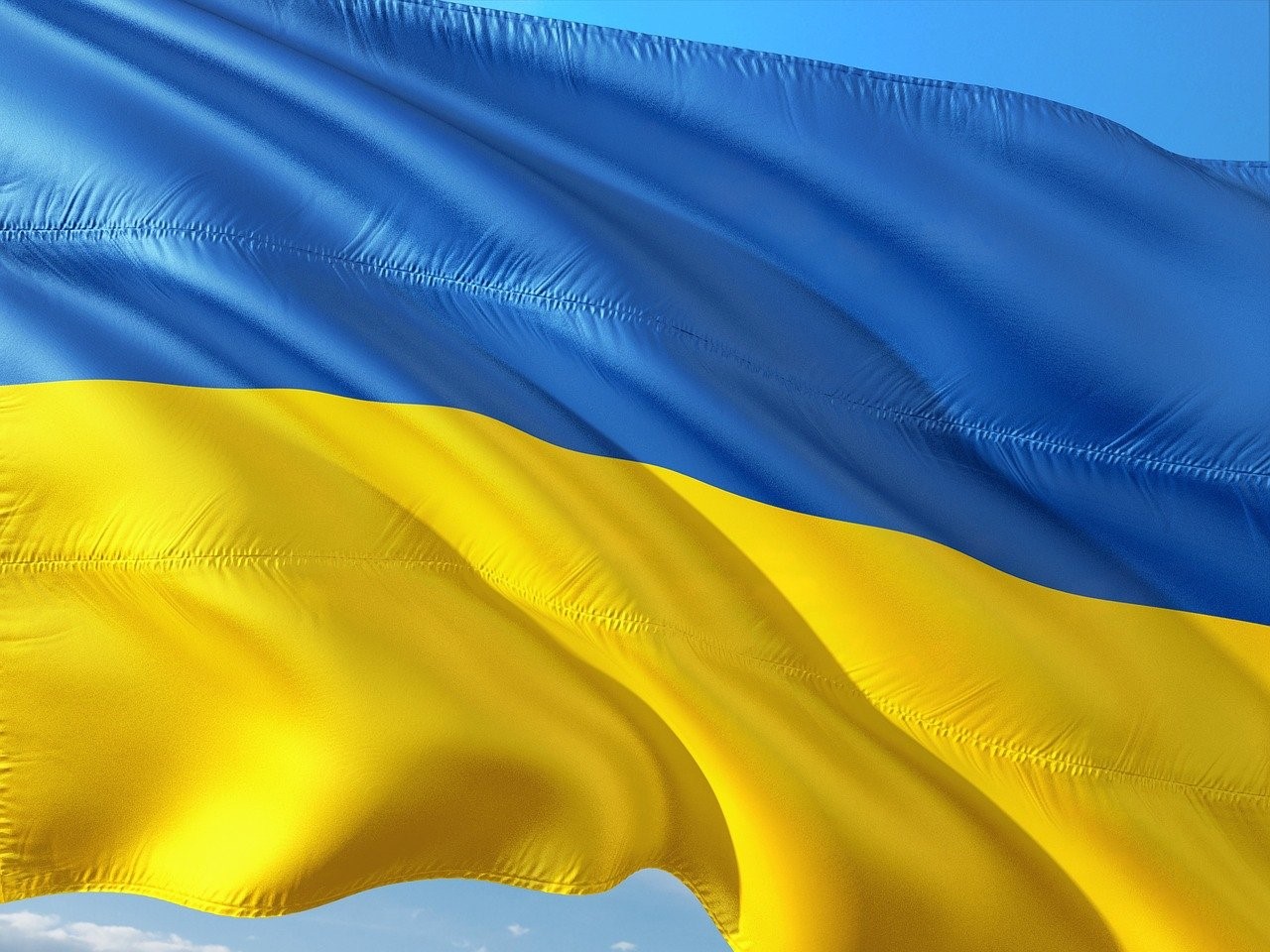Date of publication: 25 January 2017
Roman Marchenko, Attorney at Law, Senior Partner
Source: RBK-Ukraine
On December 27, 2016, Dorogomilovsky Court of Moscow ruled on equaling the Revolution of Dignity (Euromaidan) and the last shift of power in Ukraine to coup d’état. Such decision was caused by the claim to designate a juridical fact filed by Vladimir Oliynyk, one of former Party of Regions leaders and ex-People’s Deputy. The court of any country may certainly review any filed claims and lawsuits, deliver any decisions in its jurisdiction. Although in this case Dorogomilovsky Court of Moscow became a pathfinder, as it is hard to recall a situation in the modern history of international law, when the court of one county acknowledged the fact of coup d’état in another.
Vladimir Oliynyk could file a corresponding claim to one of the Ukrainian courts. But perceiving the inefficiency of such undertaking in Ukraine, as well as due to impossible participation in litigation of such “honored” witnesses, he decided to apply to the court of Russian Federation.
The court proceedings resembled a greatly edited show, which was attended not only by the judge and Mr. Oliynyk, but also by Viktor Yanukovich, Nikolay Azarov, ex-Minister of Interior Vitaliy Zakharchenko and others. The court premises were highly protected by law enforcement authorities. In view of security reasons, the whole floor where the proceeding took place had limited access. The testimonies of the escaped former officials were broadcast live with the involvement of the greatest number of journalists.
It is most likely that this court decision was delivered aimed at propaganda, so that the RF authorities could retrospectively argue in favor of a wide range of diplomatic and executive steps. In particular, it was required to reason the annexation of Crimea and the necessity to send in Russian troops to Donbass to protect Russian-speaking residents from the consequences of coup d’état in Kiev.
Nevertheless, we should not exclude the possibility that this court show and the delivered decision are required by Russian authorities in order to reason also the future steps with regard to Ukraine.
The question “should Ukraine appeal against the decision of Moscow’s court” is quite controversial. Theoretically, our country represented by the Ministry of Justice has all opportunities to file an appeal against the decision of Dorogomilovsky Court of Moscow. But it is hardly reasonable to undertake such attempts. As in this case we actually acknowledge the jurisdiction of Moscow’s court. Moreover, it is quite simple to predict the outcomes of such decision appeal. All Russian courts shall confirm the version of Mr. Oliynyk and Co on Ukrainian coup d’état with a probability of 99.9%.
Therefore, it would be logical if the Ministry of Foreign Affairs and the Ministry of Justice officially declare this court decision void due to gross violations of international law and jurisdiction rules during its delivery.
Therewith, such decision being made in RF on its own does not have any legal consequences for our country. However, we should not exclude the possibility that pursuant to the Civil Procedure Code of Ukraine Mr. Oliynyk’s supporters may try to “legalize” the decision of Dorogomilovsky Court of Moscow in the territory of our country by filing the corresponding application to one of Ukrainian courts. It seems that Ukrainian court will most likely object to such motion on acknowledging of such decision in Ukraine, for instance, on the pretext that such decision infringes public policy of Ukraine, as only Ukrainian courts, including the Constitutional Court, possess the authority to decide such cases.
Probably the followers of coup d’état version will take the privilege of appeal or cassation. There is also a chance that the corresponding claim will be decided by newly assigned judges of the Supreme Court of Ukraine.
At the same time and probably being the ultimate goal of this whole provocation, the travails of the “legalization” of Dorogomilovsky Court of Moscow decision in Ukraine shall become a top-subject for discussion by Kremlin media. Therewith, Russian officials will try blaming Ukraine on the violation of international law saying that our country failed to fulfill the provisions of Minsk Convention of CIS Member States dated January 22, 1993, which envisages the strict procedures for the acknowledgement of court decisions delivered by member states’ court.
And so, “Show must go on”…
